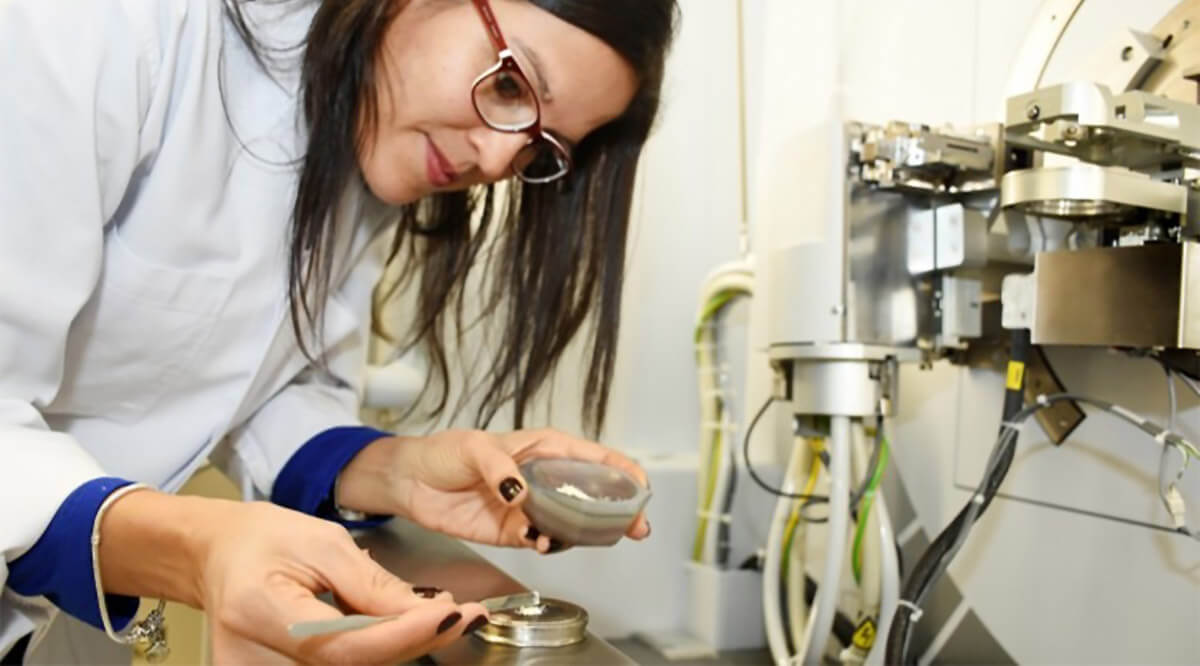The R & D segment is one of the richest generators in global value chains
Engineering in Medical Devices Master’s allows to boost research capabilities
Medical devices are the main export product in Costa Rica. According to the Promoter of Foreign Trade of Costa Rica (Procomer), 28% of the total exported goods of Costa Rica correspond to precision and medical equipment, which is also the fastest growing sector, during the last year it has had an increase of 14% until September 2018.
The country’s growth in the medical device industry has been continuous during this century: according to information provided by the Costa Rican Coalition of Development Initiatives (Cinde), between 2000 and 2017 the number of companies in installed in this sector in Costa Rica went from 8 to 72, and the jobs multiplied by 15, from 1,500 to 22,399 people employed.
A progression that is accompanied by a sophistication of the sector. Little by little, the number of laboratories and R&D facilities are growing. First, focused on the improvement of processes, and then, in the development of new products.
“The growth in R&D varies among companies, growing little by little. We have examples that have grown beyond what was expected such as Boston Scientific. Some approaches have been focused on process development, and to a small extent in product development.
“As knowledge in medical devices grows, and companies continue to recognize the existing human talent in the country, there will be opportunities to strengthen the growth of the sector. This, however, will depend on the existence of adequate infrastructure, systems, alliances between public and private sectors, including industry, academia and government”, says Adriana Nanne, Design Assurance Manager IC / PI of Boston Scientific.
Data from CINDE shows that there are already companies focused mainly on R&D and design, mainly in the areas of:
- Design of orthopedic devices
- Design of dental systems
- R&D for neuromodulation devices.
Although, there are also companies that with not a primary R&D focus, have installed their units in the country.
Such is the case of Boston Scientific, that in 2004 opened its first manufacturing plant in the country, and in recent years it has focused more in the areas of R&D that take place in the country.
- Employment in the medical device sector grew 15 times in this century.
Research as a value proposition
The incursion in the R&D area is a great economic stimulus, since data reflects that in global value chains in the segments of R&D and final sale is where more wealth is generated.
It is what specialists call the smiling added value curve in the global chains production. The R&D segment is where most of the innovation and patents takes place, so it has a high added value. In the middle sectors, where manufacturing and provision of final pars happen, profit margins are lower.
“It is really important that the country continues to be inserted in various fields of R&D, to promote the development of capabilities”, says Dr. Jorge Cubero, coordinator of the Engineering in Medical Devices Master’s of the Technological Institute of Costa Rica (TEC).
As Costa Rican engineers have been acquiring knowledge and skills in the medical device industry, transnational companies have seen in nationals emerge capabilities to assume greater responsibilities and participate more actively in the maintenance of operations or the development of new products.
“The knowledge in the manufacture of the devices, of course, has prepared the resources with basic knowledge in the processes and products, showing excellent results and increasing the confidence of the parent companies in opening R&D centers. Additionally, there is an economic benefit to have a lower labor cost, “explains Nanne.
As Nanne points out, Costa Rica’s intention is to position itself internationally as a center for high-level R&D services, with capacities similar to those of developed countries but with a relatively lower cost.
Academic boost to R&D
To boost the investment of R&D centers in the country, it essential the existance of trained staff. This motivated the creation of an Engineering and Medical Devices Master’s at TEC, which is the only one in Latin America.
This Master is opened to different professionals related to the development of medical devices (engineers, scientists, doctors, therapists…), it has a clear objective of training human talent, that allows to improve the installed capacity of Costa Rica in the development of scientific innovation and technology.
“The Masters is relevant in two really important aspects: design innovation and manufacturing of medical devices and the improvement in the quality of the production cycle, from the perspective of management of materials and processes. For these, we make students of professional and academic background share the majority of the courses”, argues Cubero.
They syllabus of Master is constantly renewed, with feedback from the private sector and CINDE.
Furthermore, some courses take place in coordination with private companies, take facilitate the access to their facilities so that the students can get to know by first-hand the work done in the sector.
“(The Master’s) contributes with prepared professionals to tackle the needs that require multidisciplinary skills. For example, knowledge in packing, quality systems, simulation systems, regulatory… It includes in important innovation part, that in the future will be a tool, that as a country, will help to generate new business ideas” argues Nanne.


Leave A Comment